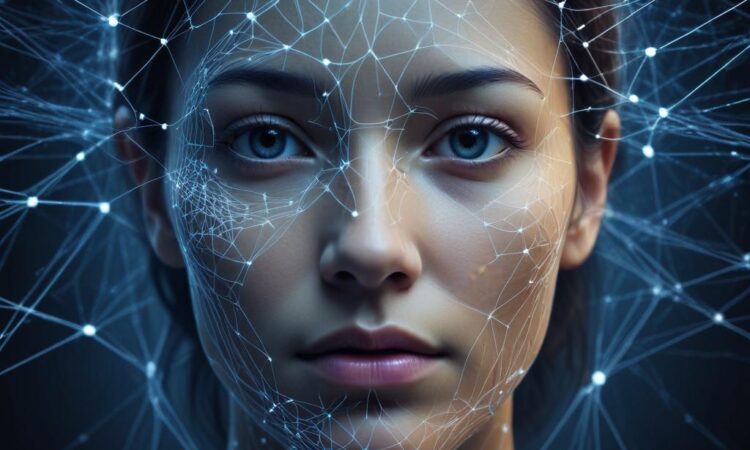Biometric Data: Ethical Minefield or Technological Marvel?
Okay, let’s talk about something super interesting (and slightly unsettling): biometric data. You know, fingerprints, facial recognition, iris scans – the stuff that makes sci-fi movies feel a little less fictional these days. It’s everywhere, slowly but surely creeping into our lives. Think about unlocking your phone with your face, or using fingerprint scanners at work. Pretty convenient, right? Well, yeah, until you start digging a little deeper.
The thing is, there’s a growing unease, a kind of low-level hum of worry about how this data is being collected, stored, and – most importantly – *used*. We’re not just talking about tech companies here; governments are getting in on the action too, and that’s where things can get really tricky.
Privacy: The Big Elephant in the Room
Let’s be honest, the idea of someone having a digital record of your unique biological characteristics is pretty creepy. What if that data gets leaked? What if it falls into the wrong hands? The potential for identity theft, stalking, or even more sinister forms of manipulation is real, and frankly, terrifying. We’re talking about information that’s essentially irreplaceable – you can’t just change your fingerprints if someone gets a hold of them!
And it’s not just about outright theft. The constant surveillance potential is a huge concern. Imagine a future where every public space is monitored, every movement tracked. That’s a pretty dystopian vision, but the building blocks are already being put in place. We need to have serious discussions about what constitutes acceptable levels of surveillance in a democratic society, and where the lines should be drawn.
Bias: The Unseen Threat
Here’s another crucial point: these biometric systems aren’t perfect. In fact, they’re often biased. Studies have shown that facial recognition systems, for example, perform much worse on people with darker skin tones, leading to disproportionately high rates of misidentification. This means that innocent people could be wrongly accused or even arrested based on flawed technology.
This isn’t just a technical problem; it’s a social justice issue. The potential for these biases to reinforce existing inequalities is huge, and we need to demand accountability from the companies and governments developing and deploying these systems. We need transparent and rigorous testing to ensure fairness and accuracy.
The Corporate and Governmental Hunger for Data
Let’s be clear: the collection and use of biometric data is a lucrative business. Companies are constantly looking for new ways to monetize our information, and biometric data is a goldmine. From targeted advertising to personalized services, the possibilities seem endless – at least for the companies involved. But what about our rights?
Governments, too, are increasingly interested in biometric data for surveillance and security purposes. While some might argue that this is necessary for public safety, it’s crucial to consider the potential for abuse. The balance between security and freedom is a delicate one, and we need to be vigilant about preventing an erosion of our civil liberties.
The Regulatory Race: Catching Up to Technology
Right now, we’re in a bit of a regulatory Wild West. The technology is moving faster than the laws, and that’s a dangerous situation. We desperately need robust regulations that protect our privacy, address biases, and ensure accountability. This isn’t just about adding another layer of paperwork; it’s about establishing clear ethical guidelines and enforceable rules.
International cooperation is also key. Biometric data doesn’t respect national borders, so we need global standards to ensure consistency and prevent regulatory loopholes. It’s a complex challenge, but one we absolutely must tackle.
The debate around biometric data is far from over. It’s a conversation that needs to involve everyone – policymakers, technologists, and citizens alike. We need to find a way to harness the potential benefits of this technology while safeguarding our fundamental rights. It’s a balancing act that requires careful consideration and a proactive approach before it’s too late.

